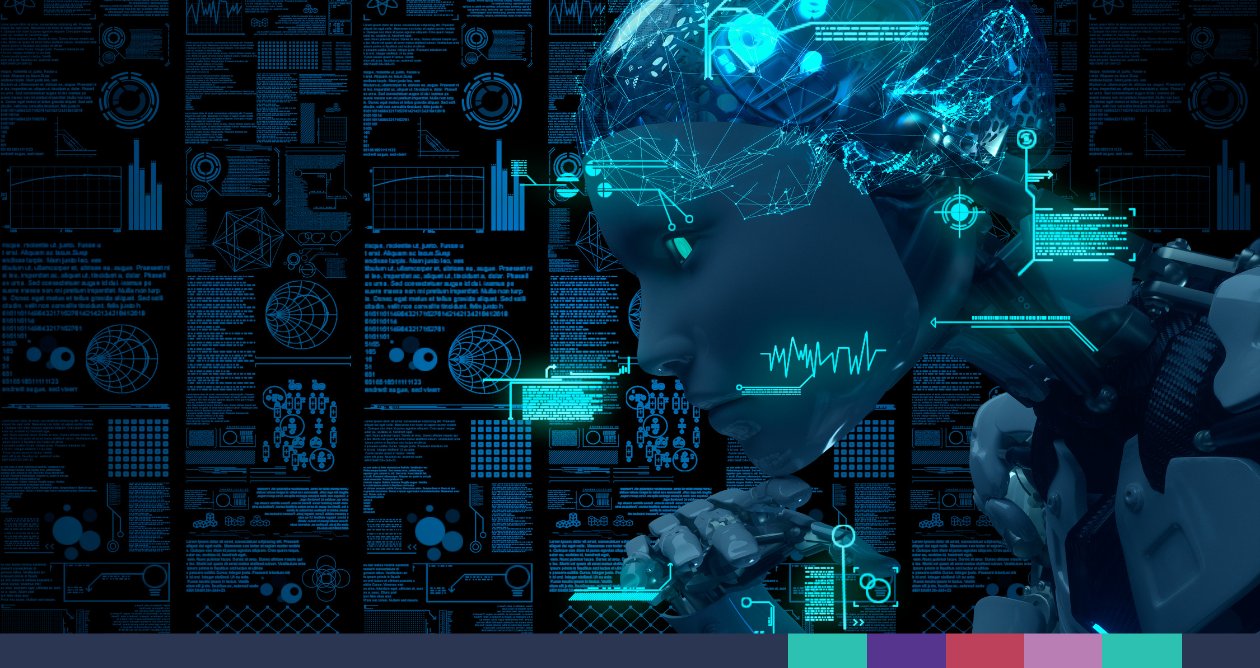There is no doubt that AI such as ChatGPT is a game changer that will impact every part of our lives from how we live and work; to how businesses across every industry will operate; the skills and experience employees will need into the future and those that will fall by the wayside; and the structure of education at every level. It’s a whole lot exciting, and yes, for many a little bit scary. As it most likely was when motor engines advanced the movement of people and produce. Another evolution that changed the world.
If you think about it, the impact of AI is not that much different to how businesses had to adjust to change during the Industrial Revolution. Businesses invested in new ideas, bought patents, built new machines, up skilled people to operate the machines, and in doing so became more efficient and able to meet the new and growing demands for new ways of doing things. Along the way some people’s jobs were displaced however human innovation also bought with it the need for many new skills, requiring additional training and education.
We have grown as a global economy as a consequence of the regular ‘disruption’ that comes with human innovation. Innovations that have been around since early man created…….fire.
Today in the 21st century, we have seen massive growth in technology with computer innovations that are impacting every part of our lives. And just like the adjustment that had to make as we moved from horse and cart to motor vehicles, we must be prepared to grasp the opportunities that AI provide and use these to become more efficient and to meet new demand.
Our Opportunities with AI
AI, such as ChatGPT, has the capability to manage common errors, handle repetitive tasks, provide greater security, increase testing accuracy and retesting capabilities, provide quicker and higher quality results, improve efficiency, and increase productivity. At the same time, human tech skills and expertise are driving the thinking behind AI, its application to business problems and its connection to business success.
For example, ChatGPT can be used to do routine human-based programming and coding freeing up software programmers to do human-centric and more demanding tasks such as problem-solving, creativity, design skills etc.
For tech companies and their partners (like us); people with tech skills and experience; educators and trainers, the tech evolution is well and truly here and no one is unaffected.
For tech businesses, keeping pace with new technology and how it will impact your business now and into the future is critical. This means having well-informed and talented global leaders working across the business with both eyes on the future.
For tech talent, thinking your skills are not going to change, is like putting your head in the sand. Knowing what change is coming and what that means for your career is critical because what you are doing today, is not what you are going to be doing in 10 years, 5 years, or possibly even in 12 months’ time.
For educators knowing the direction tech is heading will influence future areas of study. There is a very real chance that a course offered today, will not be needed in four years’ time which may mean your graduates are leaving your university with superseded skills.
And for us, as people service providers in the tech industry, having an understanding of the roles that our current and prospective partners need fewer of, and those that will become in increasing demand is imperative. We are already discussing internally the likely roles that will be impacted, what retraining and upskilling needs might be required and working with our tech teams to be more flexible and resilient.
This is the perfect time to get on board and embrace this evolution.

